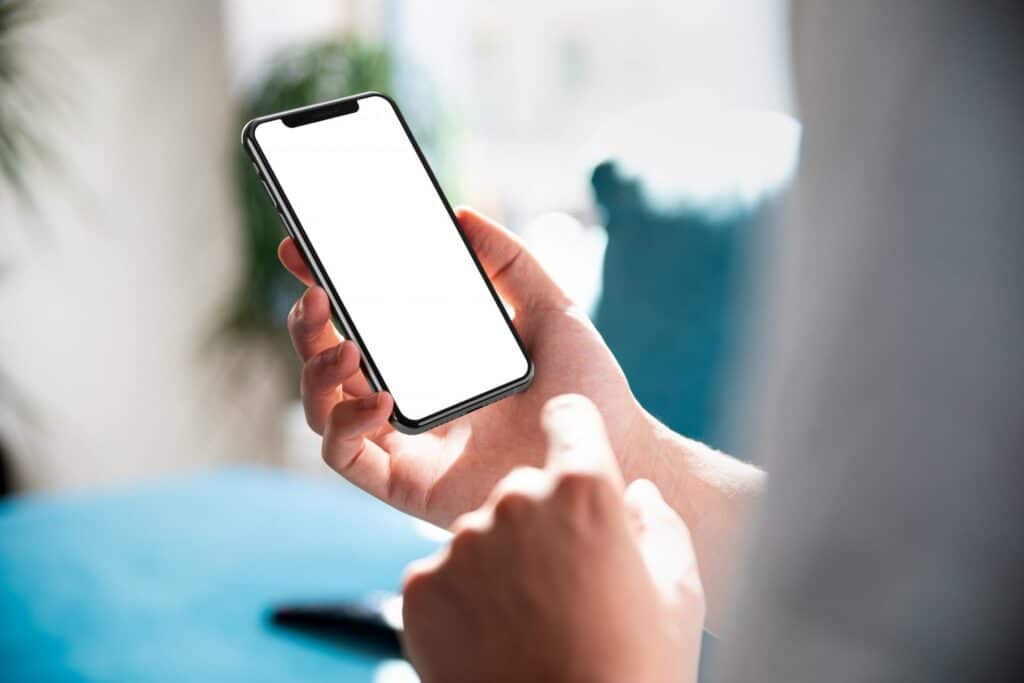In the aftermath of the December 2, 2015 terrorist attacks in San Bernadino, California – where 14 people were killed and 22 others wounded before the two assailants were killed in a police shootout – the Federal Bureau of Investigation (FBI) needed to gather evidence of the event, and find out more about the attackers. They obtained the locked iPhone 5C of Syed Rizwan Farook, one of the attackers, but faced an uphill battle in gaining access without triggering security mechanisms that would wipe the phone’s data and internal memory.
In an attempt to gain access to the phone, the FBI sued Apple, the makers of the iPhone, demanding that Apple provided the FBI with software to get around the security encryption that was preventing them from getting evidence from the phone.
Apple refused, and the lawsuit pressed forward.
On March 29, however, the FBI reported that it had found a third party who was able to provide the software that they’d requested. They have since dropped the case against Apple. An Israeli cybersecurity firm, Cellebrite, is reportedly the group providing the software allowing the FBI to hack into the iPhone.
This might make it seem like the whole situation has been rendered moot. The FBI has what it wants, and the case has been dropped. However, this is really just a lull in the action, and it’s only a matter of time before this issue comes back to the forefront.
In Months, We’ll Be Back to Square One
Private parties, like this cybersecurity firm, Cellebrite, try hacking into devices like the iPhone all the time. The technology world is little more than an arm’s race between the hackers and the product makers. Cellebrite’s involvement will merely make Apple scramble to find the security hole that they’re exploiting, and patch it up with new security features. Once this happens, the FBI will be in the same position that they were in when they were suing Apple to provide access to Farook’s iPhone.
What we’re seeing is merely a delay in the conversation about cybersecurity, police investigation, and privacy.
Private Hackers May Be More Dangerous Than Government Agencies
A particularly scary aspect of this new development has been that the FBI is using a third party to break into an iPhone. As a governmental agency, the FBI is restrained from certain police tactics by the Fourth Amendment. Private companies like Cellebrite, on the other hand, are not. By tapping into the resources, and the unrestrained abilities of private companies to use them, the FBI is showing a disconcerting willingness to skirt 4th Amendment issues so it can get information it might not be able to, otherwise.
Criminal Defense Attorneys Fight For Your Rights
Criminal defense attorneys like William T. Bly will fight against these frightening investigatory tactics in court. If used in a way that violates the Constitution, the evidence that they obtain can get thrown out. Call the law office of criminal defense attorney William T. Bly at (207) 571-8146 or contact him online.
